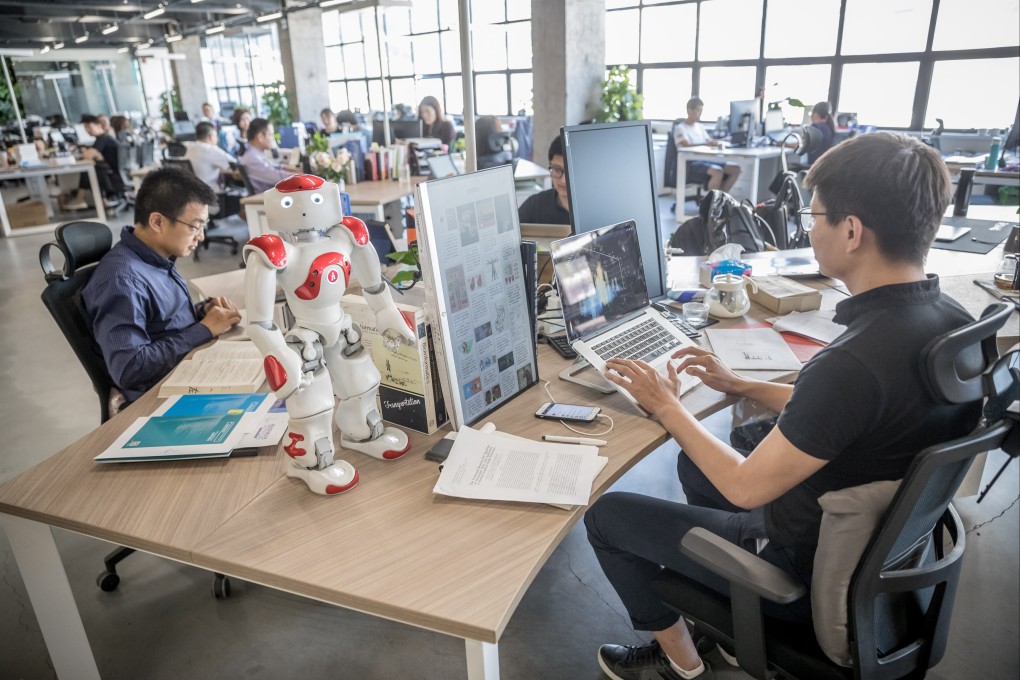Communist Party mouthpiece People’s Daily urges China to speed up domestic software development
- The opinion piece echoes Beijing’s drive for technological self-sufficiency, with foreign software regarded as a source of potential threat
- Shares of Chinese software developers shot up on Wednesday, as the newspaper called on businesses to adopt more domestic software

An opinion piece in the People’s Daily, the mouthpiece of the Chinese Communist Party, called on the country to use more locally developed software to support domestic innovation, in a sign that the government may want to accelerate efforts to replace imported computer systems with Chinese ones.
“Experience has told us that core technologies cannot be obtained by asking, buying or begging,” the article read. “More than ever, China’s software industry must seize the initiative to innovate and develop.”
The piece, published on Wednesday, echoes Beijing’s drive for technological self-sufficiency, with foreign software regarded as a source of potential threats.
China’s move towards software localisation push gathered speed after 2013, when former American intelligence consultant Edward Snowden leaked classified information about US surveillance efforts.
Intensifying geopolitical tensions and rivalry between the US and China have also created a new impetus to speed up the process.
Stock prices of Chinese software developers shot up at home on Wednesday after the People’s Daily article was published.
